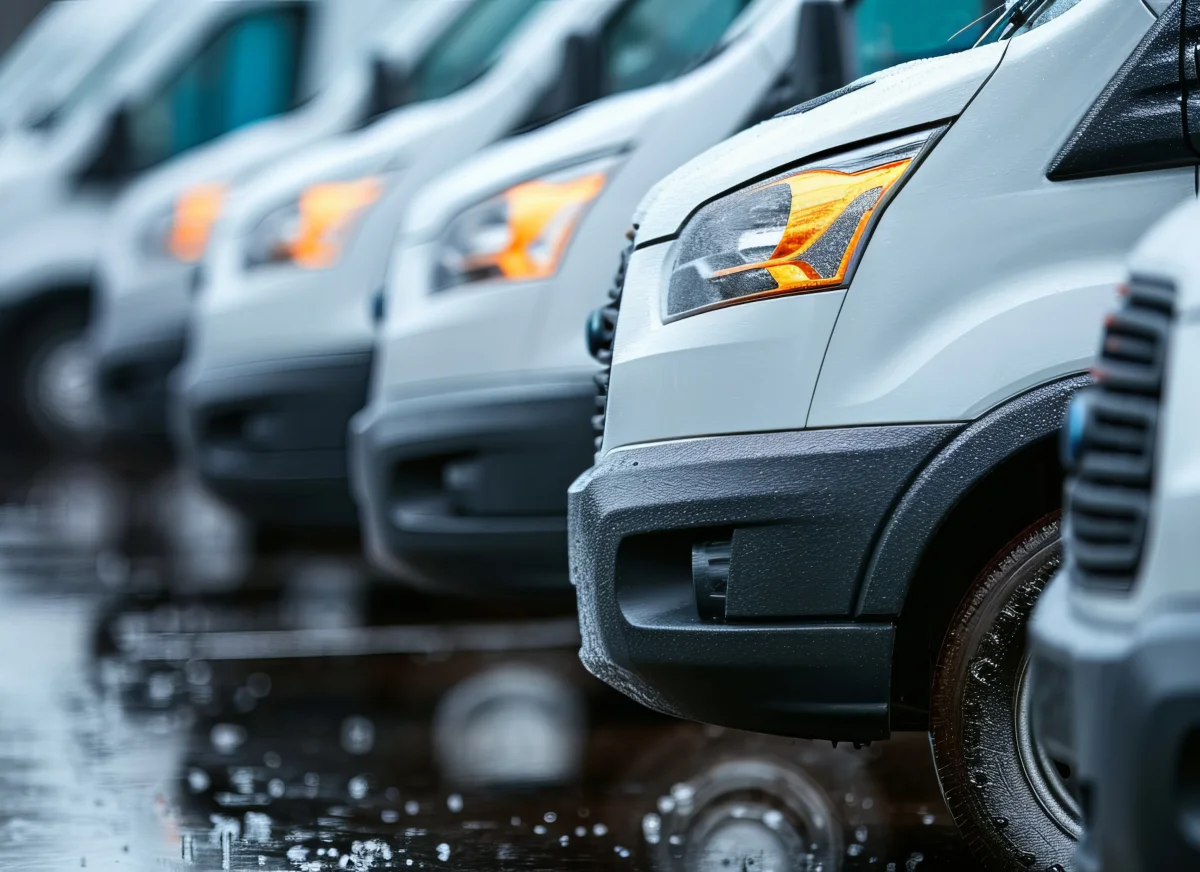A million more vans on UK Roads in last decade

New research from Transport and Environment (T&E) shows there are now a million more vans on UK roads in 2023 compared to 2014.
Through the first half of 2024 to the end of June, Light Commercial Vehicle (LCV) sales have continued to grow month-on-month. Despite the overall category of LCVs, which includes pickups and 4x4’s, falling in June, (SMMT), sales of Vans and rigid trucks have continued to increase. During the first half of 2024, there were 177,620 new vans registered (includes all vans up to 3.5 tonnes) and 3,957 rigids in the 3.5 to 6 tonne category.
Battery Electric Vehicles (BEV’s) accounted for just 4.7% of all light van registrations in 2024 (1,476 units) slightly less than the number of BEV vans sold in the same period in 2023. Given that corporate fleets own 58% of all vans and that these vans are responsible for 76% of all van mileage, businesses should seek to minimise the mileage of their diesel vehicles to help reduce CO2 emissions (Fuel and CO2 savings calculator) and fuel costs.
Home delivery is growing
The demand for home delivery is still growing (Shifting consumer habits and the evolving online retail landscape), this is evidenced by the continued growth in van sales to meet the demand. Descartes’ Home Delivery Consumer Sentiment Study in 2024 found that 39% of respondents had increased their online purchases from 2023 to 2024, with convenience cited by 57% of them as the main reason for increasing their purchases.
The increasing number of delivery vans is increasing the pressure on urban environments, more vehicles on the road leads to congestion, pollution, and intensified delivery challenges which have all lead to a decrease in the average speed on British roads.
To mitigate these issues, businesses must prioritise delivery management software such as delivery scheduling and route optimisation. By implementing advanced route planning software, companies can significantly reduce their mileage, fuel consumption and CO2 emissions. Optimising delivery routes not only contributes to environmental, social and governance (ESG) targets, but also improves operational efficiency, reduces delivery times, and enhances customer satisfaction.
As the number of electric vans grow, especially if a ban on the sale of new Internal Combustion Engine (ICE) vans comes into force in the near future, route optimisation will become even more critical. By maximising the efficiency of electric vans and improving delivery density, businesses can increase the number of deliveries they can make, reduce charging frequency, and contribute to a cleaner transportation sector.
Discover more about delivery scheduling and route optimisation for all types of delivery vehicles by contacting us and arranging a free discovery call with one of our transportation experts.
